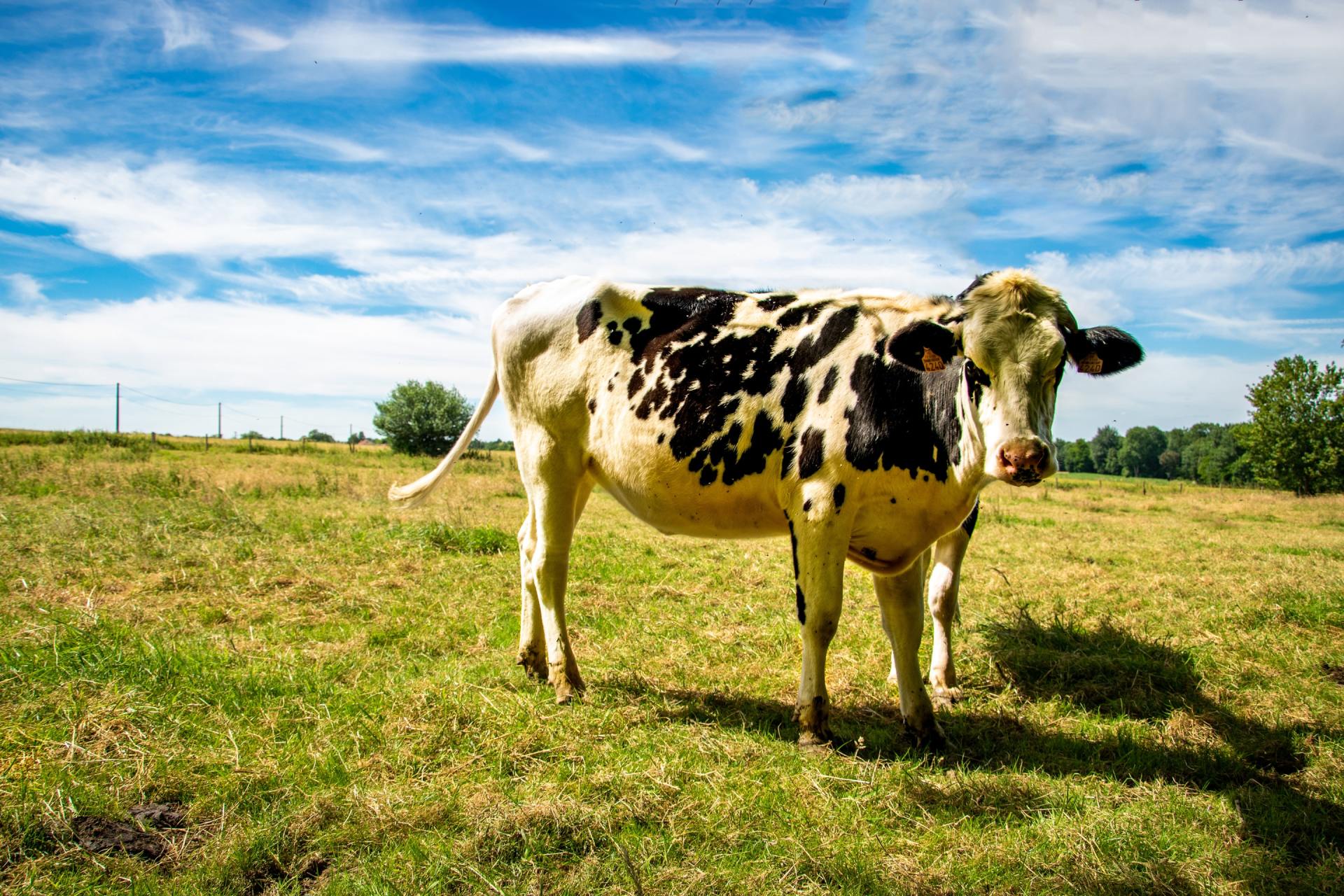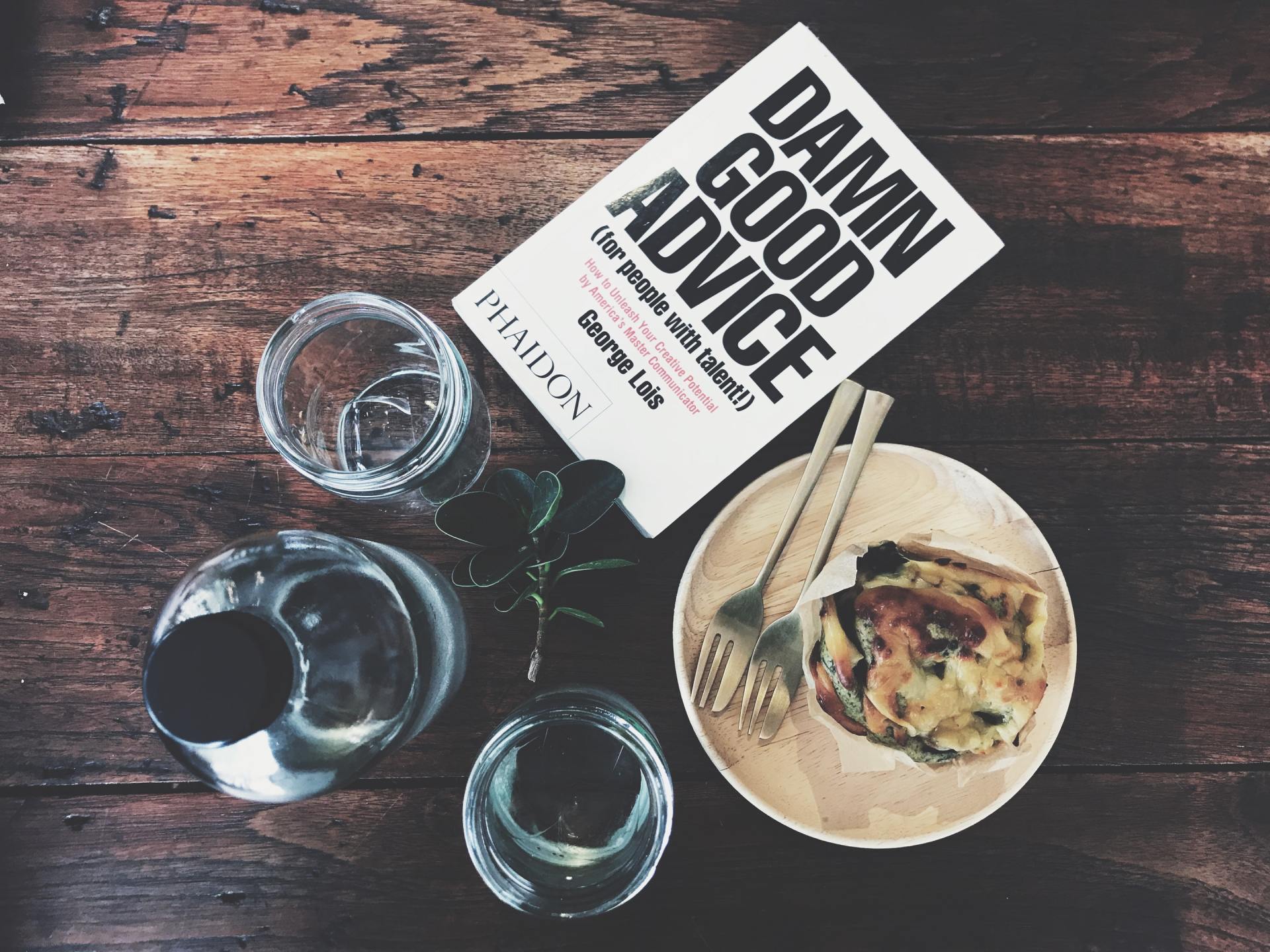Don't Let the IRD Nail You
Published by The Small Business Institute Limited
Market rental value of employer – provided accommodation on school grounds
Inland Revenue has produced CS 18/01. It is a supplement to CS 16/02. It is to be used for determining market rental value of employee provided accommodation in boarding schools. CS 16/02 will apply to accommodation provided off the school grounds. However, where the accommodation is provided on the school grounds there could be restrictions which would generally not occur in a residential tenancy. On page 2 you will find a table setting out the accommodation type and the percentage reduction of the market rental value.
The paper goes on to provide explanations and examples.
Transferring Scheduled Payments for companies to shareholders
Inland Revenue has produced a statement in which it sets out the rules and method to be used. Click hereto see the statement. As a rough guide, you can transfer as much as you like to the shareholder employee provided you leave sufficient tax for the company’s liability, regardless of how this arose. Reduce the amount of tax credits in box 12A by the sum being transferred and send a note to Inland Revenue showing the allocation of tax credits to the company’s shareholder employees.
Donations
Inland Revenue has become concerned about how you define a donee organisation and produced IS 18/05 and a Fact sheet. A charity is required to apply its funds wholly or mainly to charitable, benevolent, philanthropic or cultural purposes. Some charities have applied just over 50% of their funds in this way. The Commissioner has, for administrative convenience, usually assented to this practice. Inland Revenue has now decided this practice is not entirely acceptable and has produced Interpretation Statement IS 18/05. There are going to be cases where a distribution of a little over 50% of funds is reasonable. There are also going to be many cases where it is not. Inland Revenue has now decided to create a safe harbour. If 75% of funds are distributed for charitable purposes, Inland Revenue is likely to accept this. Anything less may be disputed. The interpretation statement also goes into an explanation of what “Funds” means and what “Applied” means. Generally, this is not going to be of much concern to most of us, unless we have a client that is a charity. However, it could have unfortunate consequences for our clients as donors. Some of them are very generous. Before donating large sums to a charity, clients should be warned to make sure the charity is complying by clicking on this linkand downloading the complete donee list. If Inland Revenue were to deem the organisation not to be a charity, there would be no donation rebate.
Life Style Blocks and Bright Line Test
Inland Revenue has produced PUB00314for comment. It explains how to treat lifestyle blocks when considering the bright line test. The main home exclusion will apply when more than 50% of the area of the land has been used for the seller’s main home and the land has been used in that manner for more than 50% of the time the seller owned it. If it can be shown the lifestyle block is farmland, the sale will not be subject to the bright line test. Page 3 contains a flowchart to assist you.
Schedular payment rules applying to nonresident directors’ fees
PUB 00302is an exposure draft which sets out when fees paid to non-resident directors are to be subject to schedular payments. The steps to deciding whether schedular payments apply are:
Identify who you contracted with
Determine the source of directors’ fees
You will find some useful flowcharts in this document and a number of worked examples.
Zero Rating of Services Related to Land
Inland Revenue has produced PUB00299for comment. It results from a change to the GST Act effective from 1 April 2017. The paper sets out the Commissioner’s interpretation of when services related to land in New Zealand and supplied to a non-resident can be zero rated. There is a corresponding rule for services supplied in relation to land outside New Zealand.
Attribution Rule
The purpose of IS 18/03, which has just been finalised, is to provide guidance on the application of each of the threshold tests and exemptions to assist in determining whether the income attribution rule applies. On page 4 you will find a flowchart to help you to determine if the
attribution rule applies and a second flowchart on page 14 to help you determine what is a substantial business asset.
The statement walks you through each step starting with “Identify the parties”. The paper includes 18 worked examples. Even if the attribution rules do not apply, if the principal is providing personal services they need to be rewarded appropriately for those services in accordance with the principles established in Penny and Hooper
Options for relief from tax debt
Standard practice statement SPS 18/04describes how Inland Revenue will exercise its statutory discretion when it comes to writing off bad debts. Inland Revenue can be inconsistent with its application of the rules so you may find this useful reference material










